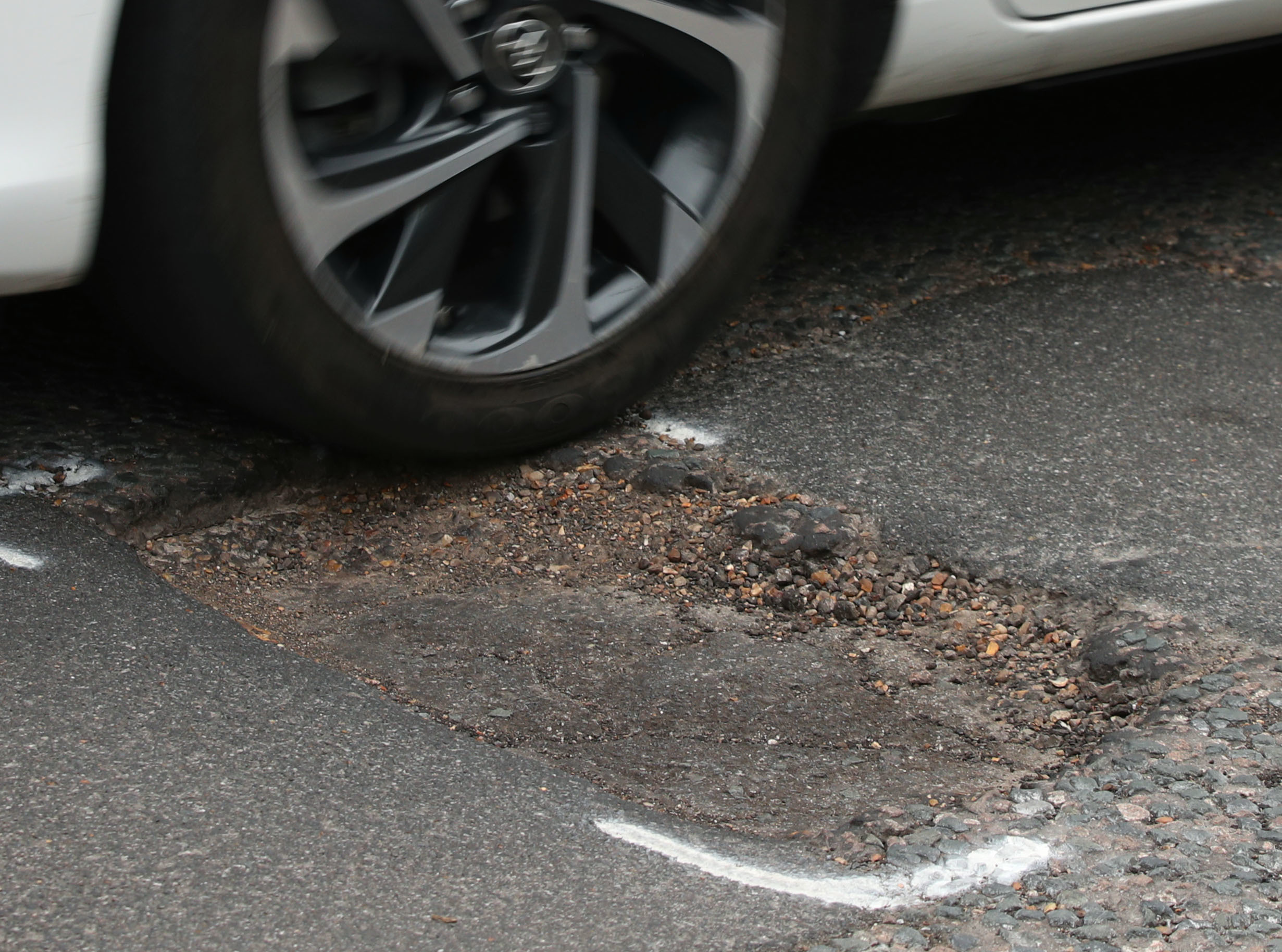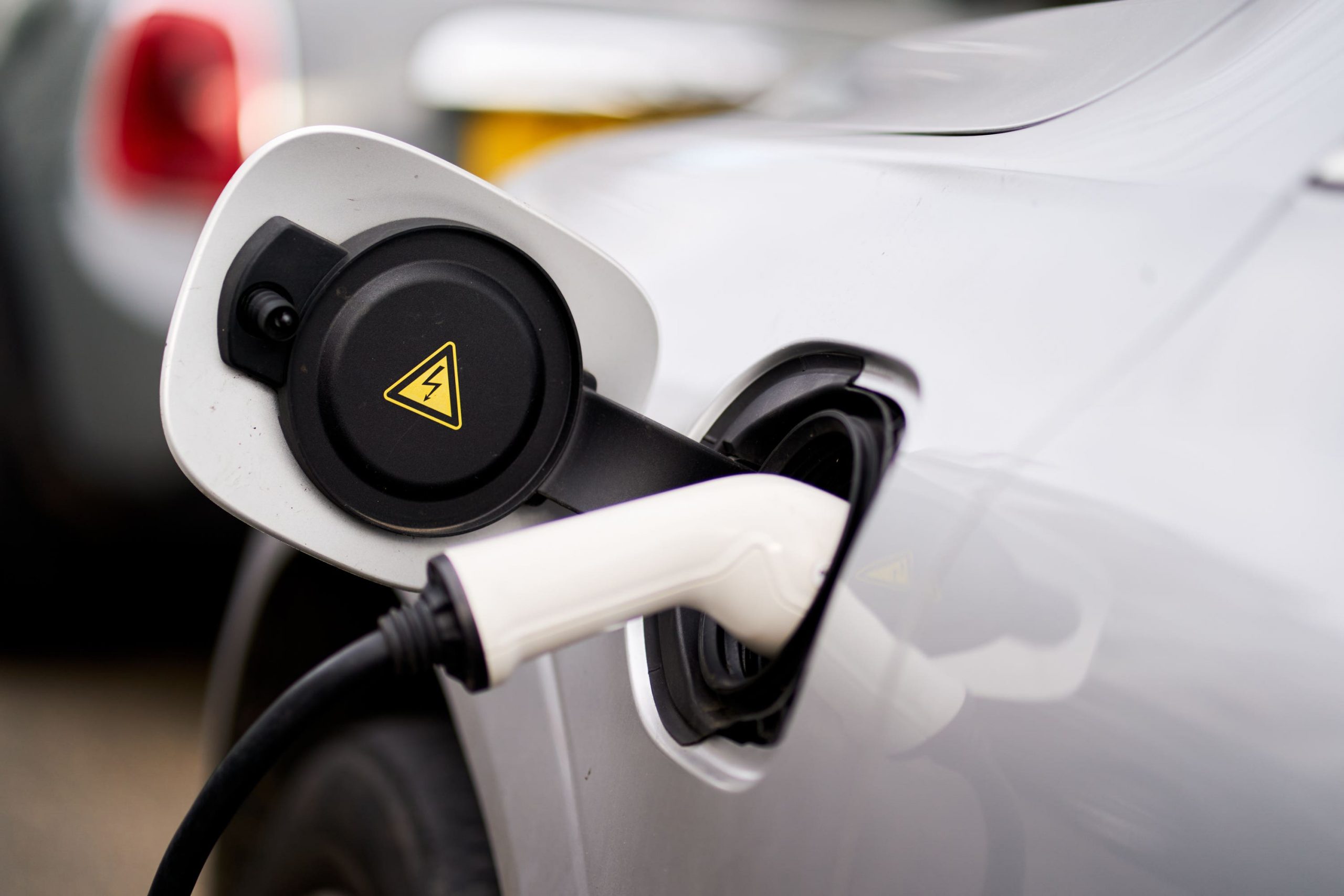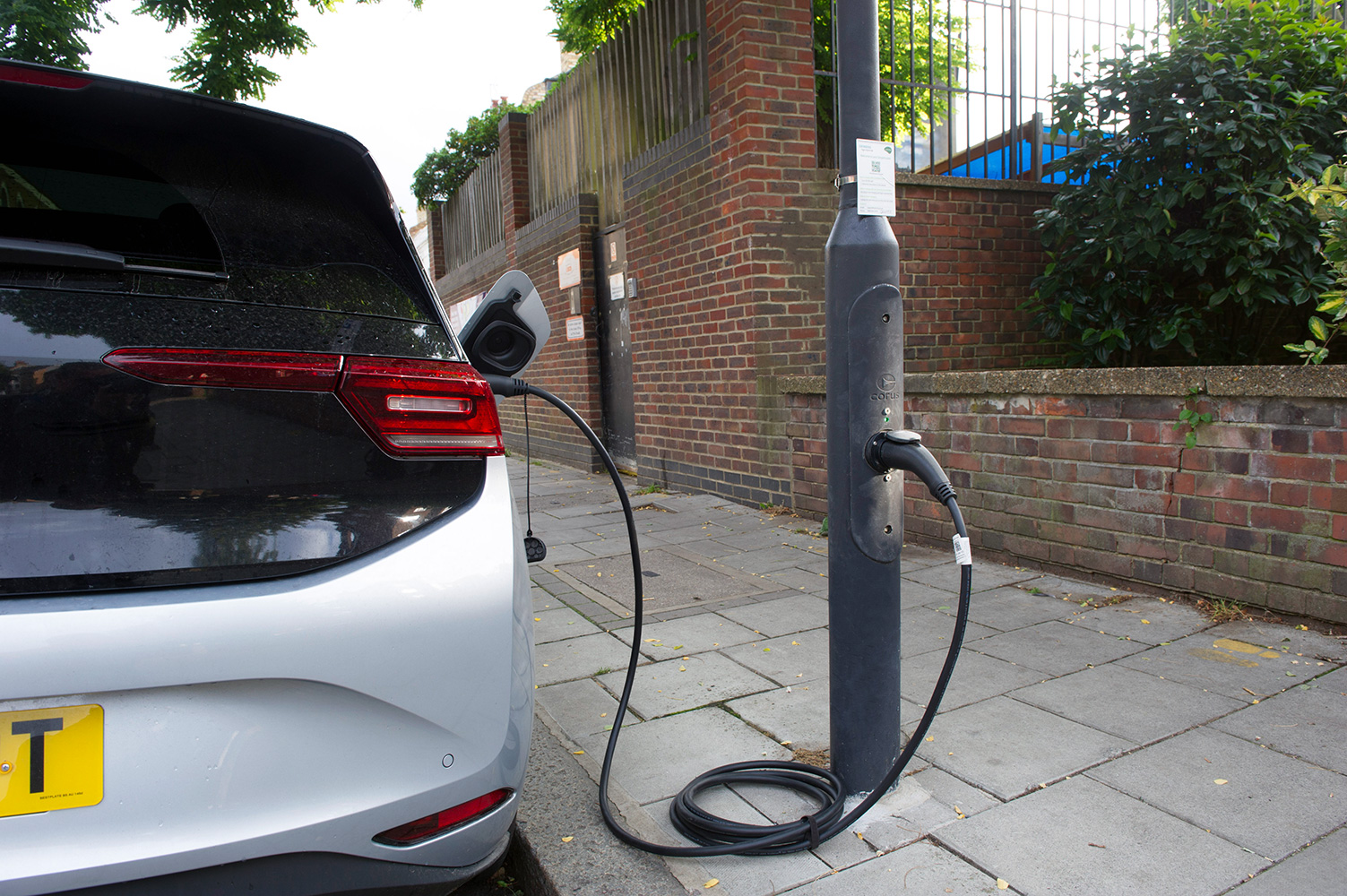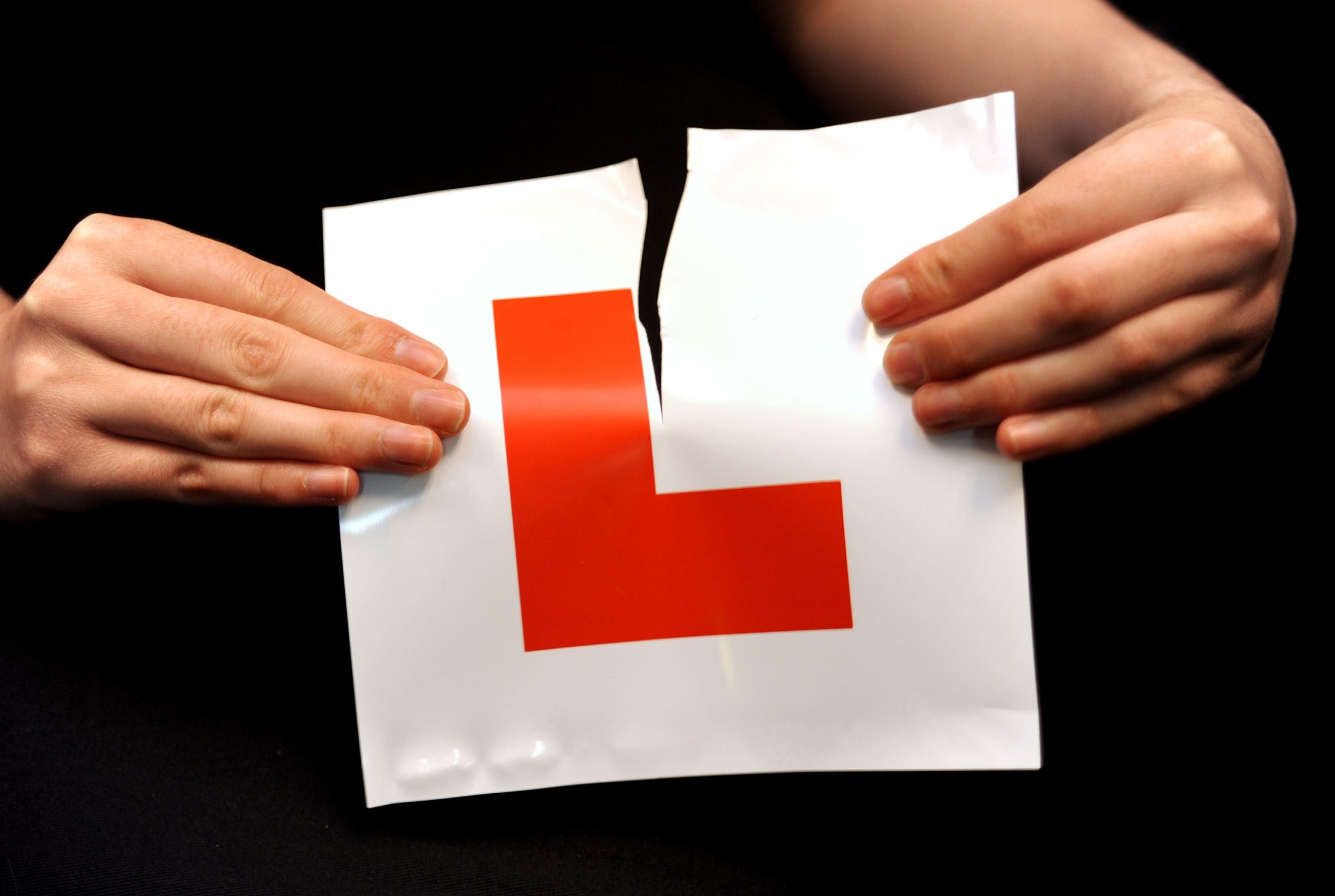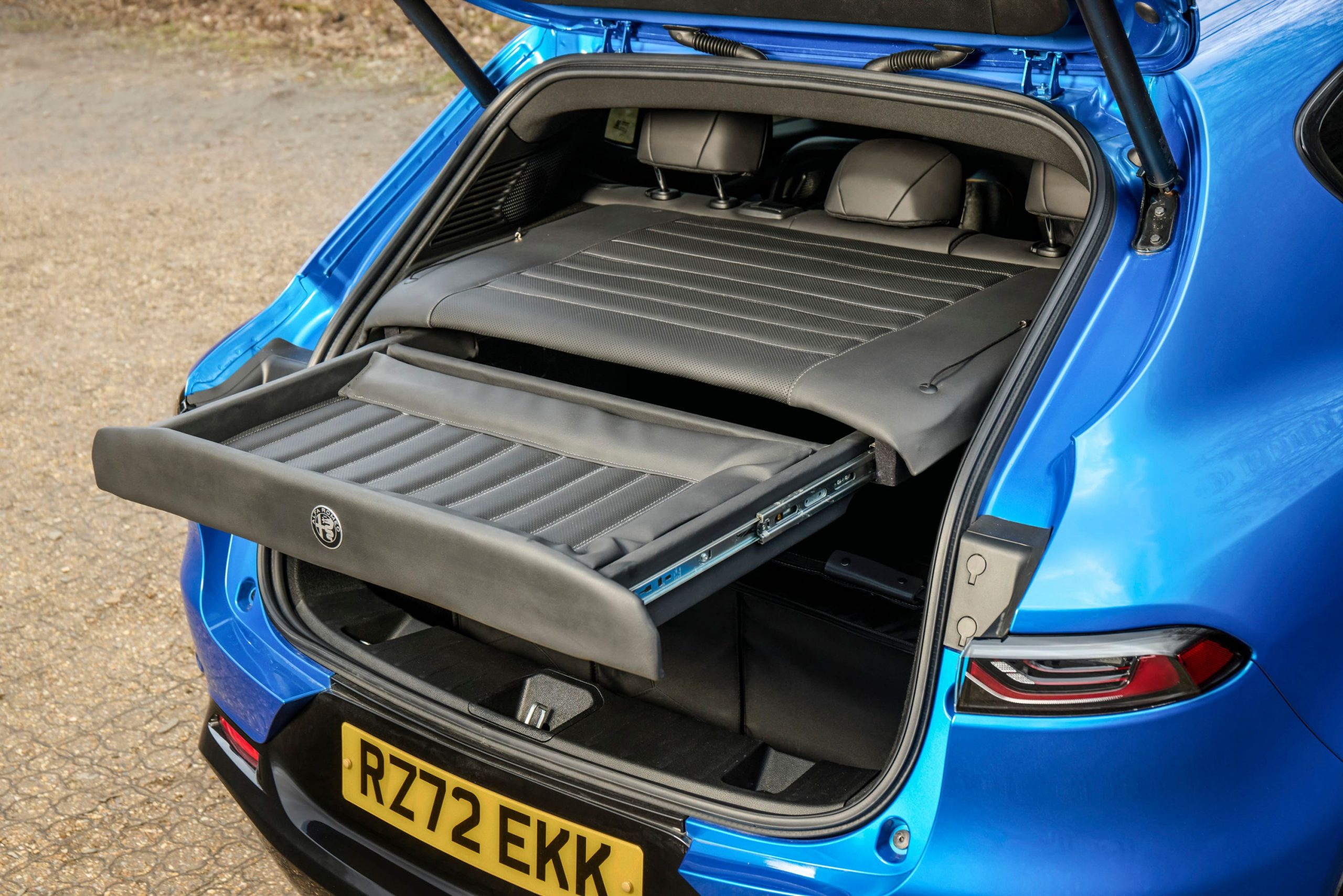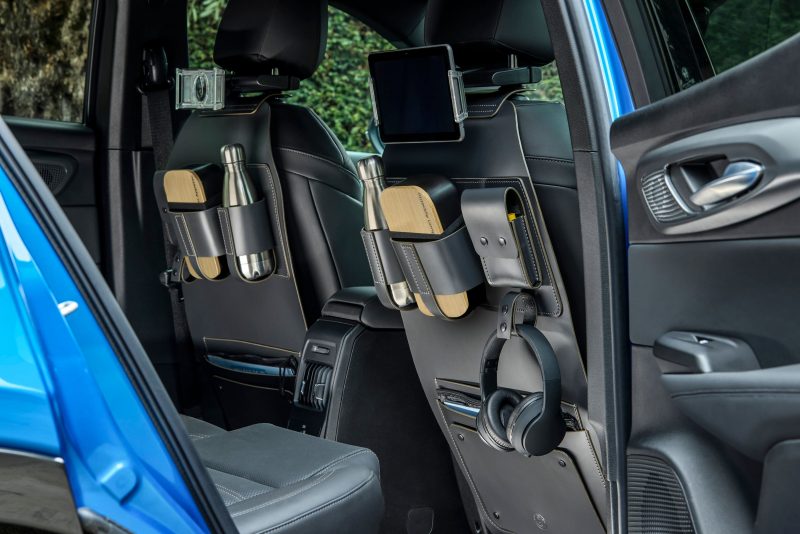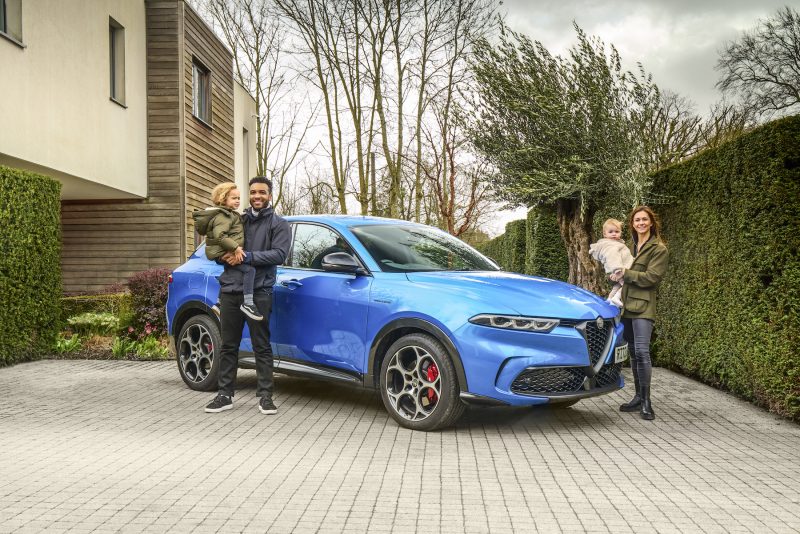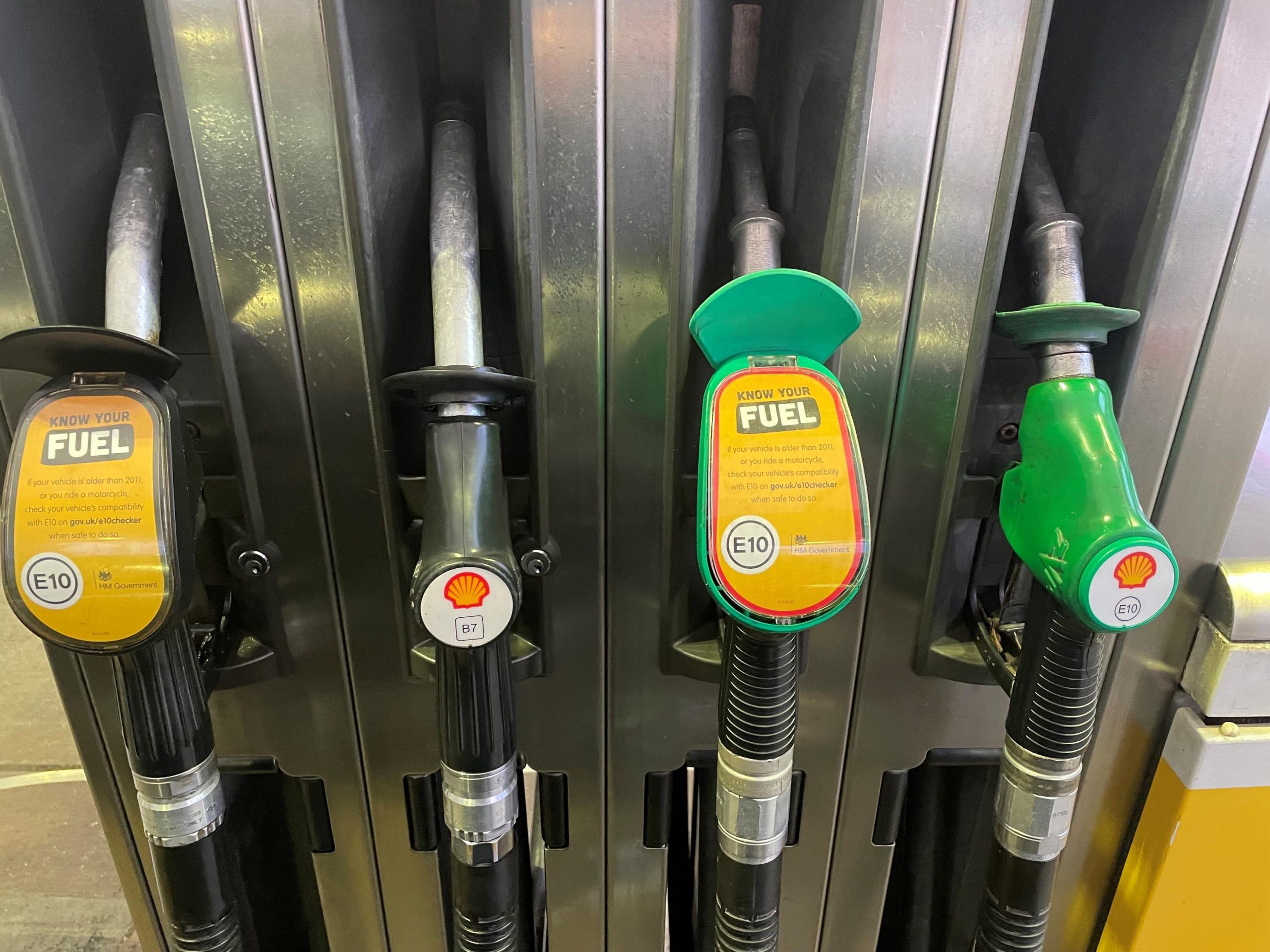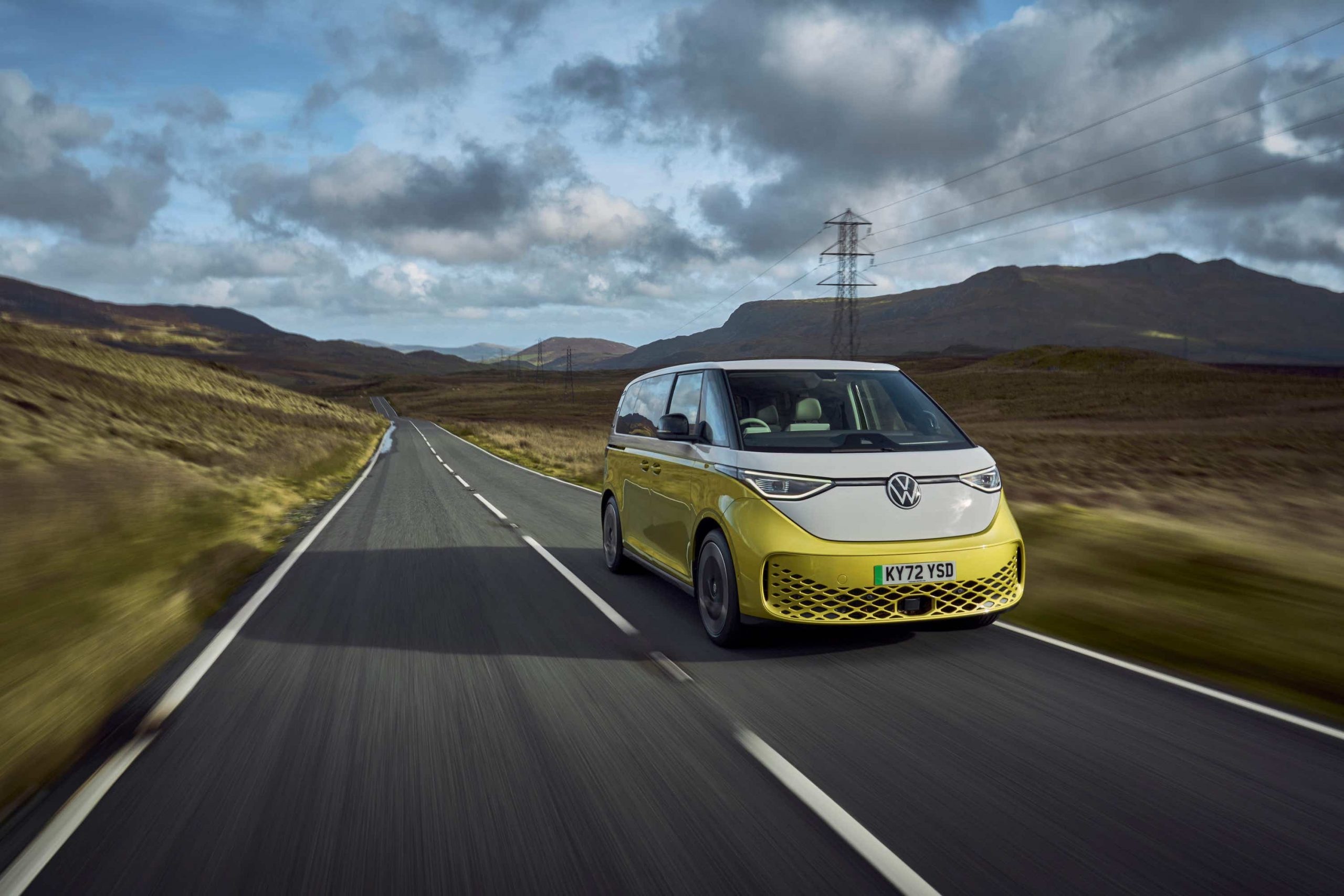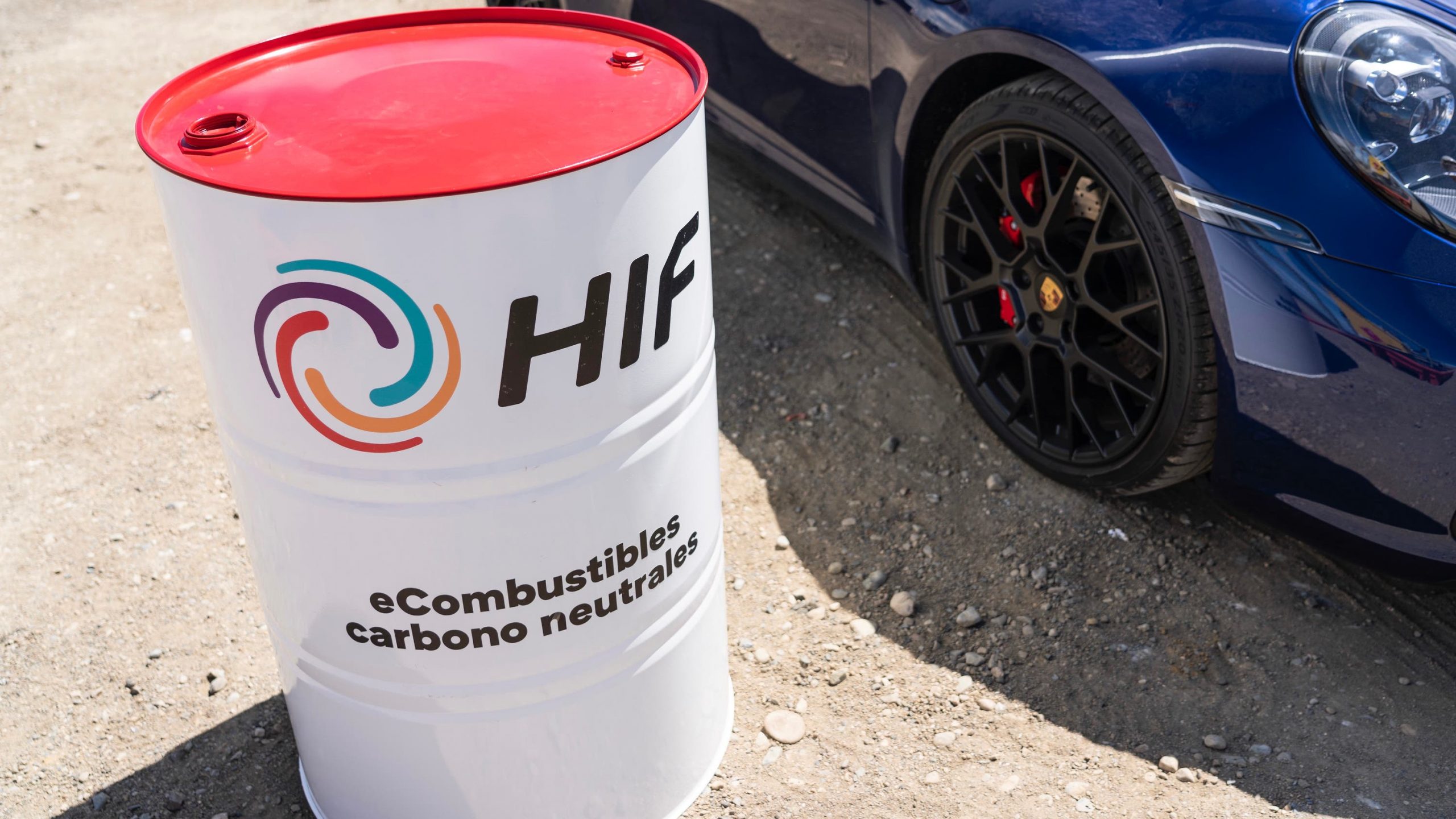The government is looking to clamp down on poorly repaired roads by fining utility companies if they leave highways in a poor state after work has been carried out.
Currently, the government says it inspects ‘about 30 per cent’ of street works following utility companies carrying out repairs. However, the new regulations, coming into force tomorrow (April 1) will see all companies initially inspected, and based on their performance, those carrying out good repairs will be visited less, while the worse-performing will be visited more.
Utility companies will be fined £50 per defect inspection, but if a follow-up visit is needed, they will be charged a further £150. The government hopes this will ‘incentivise companies to perform better to avoid incurring high financial charges’.
The average failure rate for street works carried out by utility companies stands out at nine per cent, but the worst-performing firms are said to have a failed inspection rate as high as 63 per cent. Telecom companies will be targeted in particular, as this is said to be the ‘worst performing segment’.
RAC head of roads policy Nicholas Lyes said: “Potholes not only cause expensive damage to vehicles but are potentially lethal to those on two wheels. Utility companies have a responsibility to ensure roads are properly repaired after carrying out essential maintenance, but unfortunately far too many roads are left in a substandard condition.
“Introducing new regulations to encourage repairs to be done to a higher standard the first time around will benefit all road users.”
As part of the changes, utility firms will also be required to provide the Department for Transport’s ‘street manager service’ with live information on where and when works are being carried out. This information then feeds into navigation apps to provide more accurate travel information for drivers.

